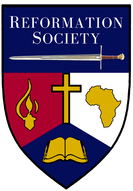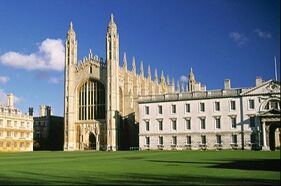
"Every school you see - public or private, religious or secular - is a visible reminder of the religion of Jesus Christ. So is every college and university." Dr. James Kennedy and Jerry Newcombe document in their "What If Jesus Had Never Been Born?" book that the phenomenon of education for the masses has its roots in Christianity.
The pursuit of the knowledge of God in a systematic, philosophical and in-depth way gave rise to the phenomenon of universities all around the world. It was the Christian faith that gave rise to the idea of higher learning. THE GIFT OF LITERACY Christianity is a tremendous force for education. Most of the world's languages were first set to writing by Christian missionaries. The first book in most languages of the world has been the Bible. Christianity has been the greatest force for promoting literacy worldwide throughout history. The Christian missionary movement in the 19th Century pioneered tens of thousands of schools throughout Africa, Asia and the Pacific Islands - providing education for countless millions, even in the remotest jungles, giving the gift of literacy to tribes which had not even had a written language. 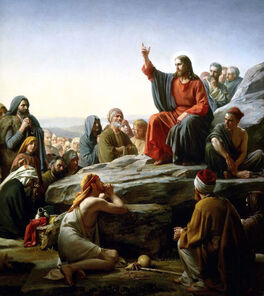
THE GREATEST TEACHER
There is no doubt that Jesus Christ was the greatest Teacher the world has ever known. When He spoke, ".they were astonished at His teaching, for He taught them as one having authority." Mark 1:22. The life, teachings and example of Jesus Christ have profoundly influenced the whole development of education worldwide. The Great Commission of our Lord Jesus Christ was to "make disciples of all the nations.teaching them." Matthew 28:19 - 20. The Apostles took the example and commands of the Lord Jesus Christ seriously, ".they did not cease teaching." Acts 5:42. One of the Biblical requirements for a Christian leader is that he must be ".able to teach" 1 Tim 3:2. SCHOOLS FOR ALL From the very beginning Christians were establishing schools. Those who sought to become members of the Christian Church went through a two to three year teaching programme where they were catechised. In the 2nd Century AD, Justin Martyr established catechetical schools in Ephesus and Rome. Clement established an excellent school in Alexandria. Prominent Christian leaders such as Origen and Athanasius were graduates of the Alexandrian School. The school at Alexandria taught doctrine, mathematics, medicine and grammar. By the 4th Century church and cathedral schools, maintained by pastors, taught Christian doctrine, grammar, rhetoric, logic, arithmetic, music, geometry and astronomy. Amongst the many innovations in Christian education was that these Christian schools taught everybody, including girls and women. Formally educating both sexes was a Christian innovation. As W. M. Ramsy concluded: Christianity aimed at "universal education, not education confined to the rich, as among the Greeks and Romans.and it made no distinction of sex." St. Augustine observed that Christian women were better educated than the pagan male philosophers! 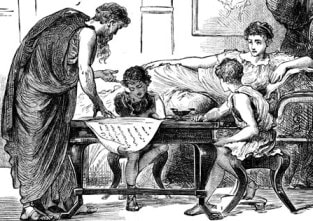
A CULTURAL REVOLUTION
The Greeks and Romans before the birth of Christ did not formally educate girls. Only boys from the privileged classes obtained an education. Christianity revolutionised education by making it available to all classes and both genders. The secular historian Will Durant wrote that early Christianity offered itself "without reservation to all individuals, classes, and nations; it was not limited to one people, like Judaism, nor to the freed men of one state, like the official cults of Greece and Rome." (Caesar and Christ, by Will Durant, 1972). King Alfred the Great of England, in the 9th Century, ensured that both his sons and daughters obtained a thorough education, including in Latin, and promoted the church schools throughout the kingdom. 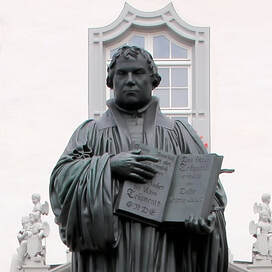
TO KNOW GOD'S WORD AND GOD'S WORLD
The German Reformer, Martin Luther, taught that cultivating the human mind was absolutely essential "because people needed both to understand the Word of Scripture and the nature of the world in which the Word would take root." Luther said that parents who failed to teach their children were "shameful and despicable." "Luther, in fact, wanted a system of education as free and unrestricted as the Gospel he preached, indifferent, like the Gospel, to distinctions of sex or of social class." (The History of Western Education, William Boyd, 1965). The Reformer, John Calvin, also advocated universal education. His Geneva plan included "a system of elementary education in the vernacular for all, including reading, writing, arithmetic, grammar and religion, and the establishment of secondary schools for the purpose of training citizens for civil and ecclesiastical leadership." John Comenius pioneered schools in Bohemia, teaching children about God, man and nature. Civil leaders at that time harboured a "distrust of formal book learning." The idea that every child should attend school did not originate from secular authorities, but from Christian Reformers such as Luther, Melanchthon, Comenius and Calvin. 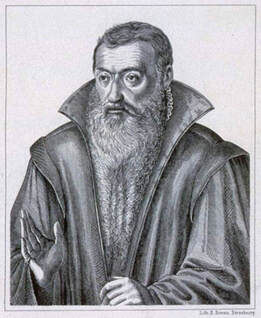
GRADED EDUCATION
Graded levels of education was first introduced in the 16th Century by a German Lutheran layman, Johann Sturm, who believed that this system would motivate students to study, because they would be rewarded by advancing to the next level. Sturm introduced the gymnasium, in Strasbourg in 1538. KINDERGARDENS Kindergardens were first established by Frederick Froebel (1782 - 1852). Froebel was a devout Christian who believed that the world of man and nature were connected by God. The son of a German Lutheran pastor, Froebel developed the idea of a school that would allow young children to grow under the care of an expert gardener (a teacher) in a children's garden (kindergarden) because he had often helped his father in the family garden. EDUCATION FOR THE DEAF Education for the deaf was also pioneered by Christians. Charles L'Epee developed a sign language for formally teaching the deaf, in 1775. Thomas Gallaudet, a congregational clergyman, opened the first school for the deaf in the USA in 1817. Gallaudet taught not only the three R's, but also the fourth R, Religion, so that deaf people could read, write, and communicate what was most important. 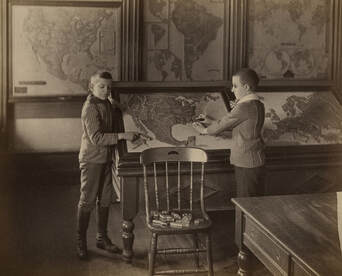
EDUCATION FOR THE BLIND
Before Jesus Christ, human life in the Greek and Roman world was extremely cheap. Infants born with physical defects, such as blindness, were commonly abandoned to die in the wilderness. In Greece, blind babies were cast into the sea. Boys who survived their blind infancy, or who became blind later in childhood, usually became galley slaves and blind girls were commonly assigned to a life of prostitution. However, Jesus Christ showed particular compassion for the blind, healing many blind individuals during His ministry on earth. When the Roman persecution of the Church ended, in the 4th Century, Christians established asylums for the blind. In the 19th Century, Louis Braille (1809 - 1852) a dedicated Christian who had lost his eyesight at age three, developed his own alphabet system of pinpricked raised dots. By 1834 he gave to the world of the blind six embossed dots, three high and two wide for each letter of the alphabet. Louis attended church every Sunday and while still a teenager became a proficient church organist. On his deathbed, Braille said "I am convinced that my mission is finished on earth; I tasted yesterday the supreme delight; God condescended to brighten my eyes for the splendour of eternal hope." It was Braille's vision that enables millions of blind people to read with their fingers. SUNDAY SCHOOLS The industrial revolution of the 18th Century led to the widespread practice of child labour in British factories. Robert Raikes (1735 - 1811) a printer by trade, felt led to help the children of the poor by teaching them on Sundays. Before the advent of child labour laws, children worked up to twelve hours per day, six days a week. But they were free on Sundays. Raikes began his first Sunday school in 1780. The boys and girls came from some of the poorest homes, and learned the skill of reading and the riches of the Bible in these Sunday Schools which soon spread worldwide. 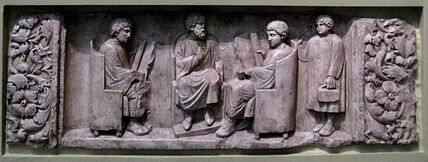
UNIVERSITIES
Although the Greeks and Romans had their philosophers, poets and gifted thinkers before the time of Christ, there were no permanent institutions of learning, with no libraries, no guilds of scholars or students, no educational research institutions and the inductive method was both ignored and spurned. Universities grew out of the monastic missionary centres. From the first monastery established at Monte Cassino in 528AD, elaborate library systems were established. The monks, who were effectively the missionaries who discipled Europe, collected books and copied manuscripts. The monks were required to read books daily. So indispensable were libraries to the Benedictine order, that the library was said to be a monastery's armoury, similar to the armoury of a castle. The first universities, in Paris, Oxford and Cambridge in the 13th Century taught theology, law and medicine. The first university lecturers were the missionary monks who came from a long-standing tradition of doing both physical and intellectual work. Monks were used to getting dirt under their fingernails. Therefore, from the start, these universities combined manual and intellectual activity, dissecting human cadavers for forensic research, and anatomical study, and researching the Scriptures in the original Greek manuscripts, and classical texts in Latin. The empirical research which characterised these first universities grew out of the medieval monasteries where manual work and academic study were seen as complementary. Most universities began as Christian schools. Harvard University, established in 1636, and Yale University, both began as Congregational institutions. Princeton University started as a Presbyterian college. Oxford, Paris, Cambridge, Heidelberg and Basel were all founded by Christian ministers. 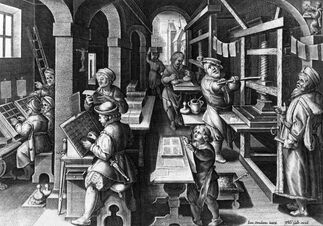
THE PRINTING PRESS
Gutenberg and the printing press. The greatest invention in the field of human learning, the printing press, by Johannes Gutenberg was also a fruit of the Christian faith. The first book to be printed on Gutenberg's press was the Bible. It is ironic that so many in higher institutes of learning today are so hostile towards Christianity. Perhaps they are ignorant of the Christian roots of universal education for all classes and both genders, and the incomparable contribution of Christianity to worldwide literacy, graded education and higher education. The very name, university, testifies to its Christian origins. University means "One Truth". How ironic that so many university professors today do not even believe that there is an objective truth! Isn't it time that teachers, lecturers and professors took an in depth look at the greatest Teacher the world has ever known, the greatest Book ever produced, and the Faith which inspired and pioneered every major branch of education? "We will not hide them from their children; we will tell the next generation the praiseworthy deeds of the Lord.which He commanded our forefathers to teach their children, so that the next generation would know them, even the children yet to be born, and they in turn would tell their children. Then they would put their trust in God and would not forget His deeds but would keep His commands." Psalm 78:4-7 "The Fear of the Lord is the beginning of Wisdom" Proverbs 1:7 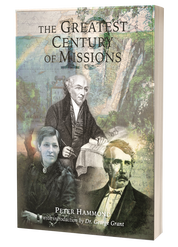
Dr. Peter Hammond is the author of The Greatest Century of Missions and Discipleship Handbook.
BIBLIOGRAPHY
2 Comments
Rita Irene
12/8/2023 05:21:24 pm
Thank you for article
Reply
Danielle F.
3/28/2024 09:10:42 pm
This was so insightful, thank you for posting this valuable information about our Nation's history. Truly eye opening!
Reply
Leave a Reply. |
History ArticlesCategories
All
Archives
May 2023
|
- Home
-
History Articles
- History Articles
- All Categories
- Character Studies
- Greatest Century of Missions
- Greatest Century of Reformation
- Reformation In Bohemia
- Reformation In England
- Reformation In France
- Reformation In Geneva
- Reformation In Germany
- Reformation In Italy
- Reformation In Scotland
- Reformation in Switzerland
- Victorious Christians
- Contemporary Articles
- Resources
- Contact
- Donate
|
The Reformation Society
PO Box 74, Newlands, 7725, South Africa Tel : (021) 689-4480 Email: [email protected] Copyright © 2022 ReformationSA.org. All rights reserved |
- Home
-
History Articles
- History Articles
- All Categories
- Character Studies
- Greatest Century of Missions
- Greatest Century of Reformation
- Reformation In Bohemia
- Reformation In England
- Reformation In France
- Reformation In Geneva
- Reformation In Germany
- Reformation In Italy
- Reformation In Scotland
- Reformation in Switzerland
- Victorious Christians
- Contemporary Articles
- Resources
- Contact
- Donate


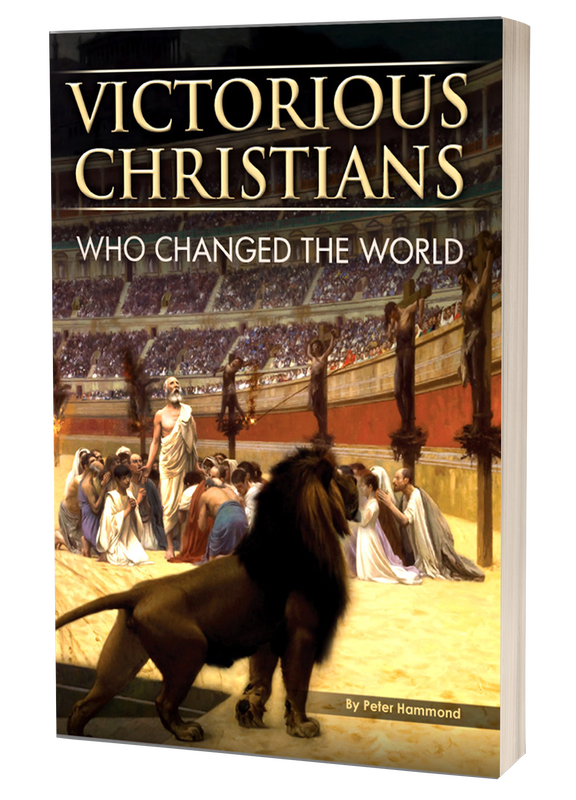

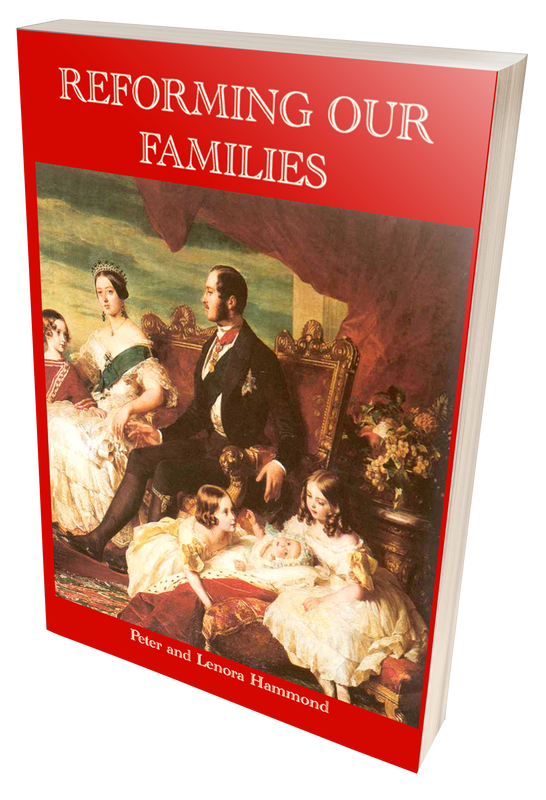
 RSS Feed
RSS Feed
